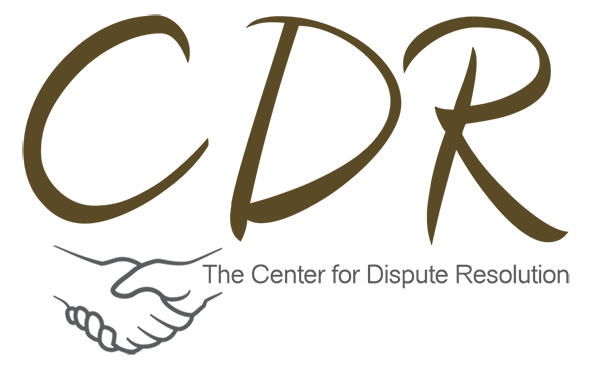
When Emotions Lead to Conflict
Emotions are an integral part of human experience, and they often play a crucial role in shaping our relationships with others. However, when emotions are strong, they can sometimes lead to conflict. Emotional situations can be triggered by a range of factors, including personal differences, cultural or religious beliefs, and misunderstandings. In this post, we will examine how emotional situations can lead to conflict and explore strategies for resolving them
The Role of Emotions in Conflict
Emotions can play a significant role in conflict, both as a cause and as a consequence of conflict. Strong emotions such as anger, fear, and resentment can lead individuals to become defensive, aggressive, or passive-aggressive. These emotional responses can make it difficult for individuals to communicate effectively, and they can exacerbate conflict by creating a cycle of negative emotions.
For example, in a relationship, when one partner feels ignored, they may become angry and resentful. This anger can lead to arguments, which can further escalate the situation, leading to more negative emotions and conflict. Alternatively, if a person is afraid of being rejected or abandoned, they may avoid confrontation or withdraw from the relationship, leading to feelings of isolation and loneliness.
Resolving Emotional Conflict
Resolving emotional conflict requires a willingness to communicate and understand one another’s feelings. Here are some strategies that can be helpful in resolving emotional conflict:
- Acknowledge emotions: The first step in resolving emotional conflict is to acknowledge the emotions that are involved. By recognizing and acknowledging the feelings of all parties involved, it is possible to open up a dialogue and begin to address the issues at hand.
- Practice active listening: Active listening involves fully focusing on what the other person is saying and validating their feelings. This helps to create a safe and non-judgmental space for communication, which can be essential in resolving emotional conflict.
- Use “I” statements: Using “I” statements can be an effective way to communicate your feelings without blaming or attacking the other person. For example, instead of saying “You always do this,” try saying “I feel hurt when this happens.”
- Identify the underlying issues: Often, emotional conflict can be a symptom of deeper issues, such as past traumas, unmet needs, or incompatible values. Identifying and addressing these underlying issues can be crucial in resolving emotional conflict.
- Seek mediation or counseling: If emotional conflict is particularly intense or ongoing, seeking mediation or counseling can be helpful. A neutral third party can facilitate communication and help individuals to identify and address the underlying issues.
Conclusion
Emotional situations can lead to conflict, but they don’t have to. By acknowledging emotions, practicing active listening, using “I” statements, identifying underlying issues, and seeking mediation or counseling, it is possible to resolve emotional conflict and strengthen relationships. Effective communication and emotional intelligence can go a long way in preventing conflicts from escalating and in fostering healthy, fulfilling relationships.
✅ Resolve disputes effortlessly. ✅ Build stronger relationships. ✅ Subscribe FREE now!
Don't miss out! Join us today. 🚀


Comments are closed